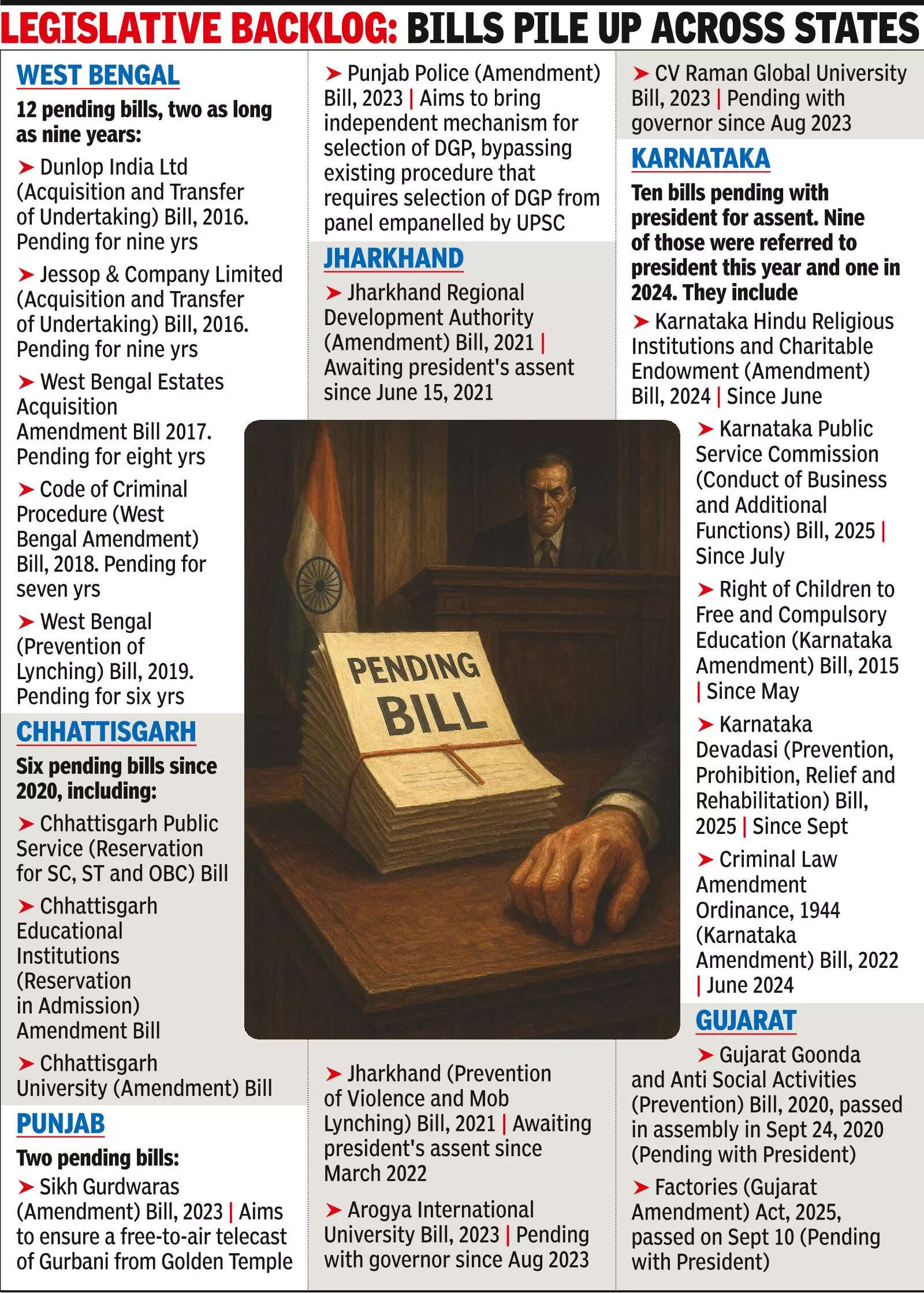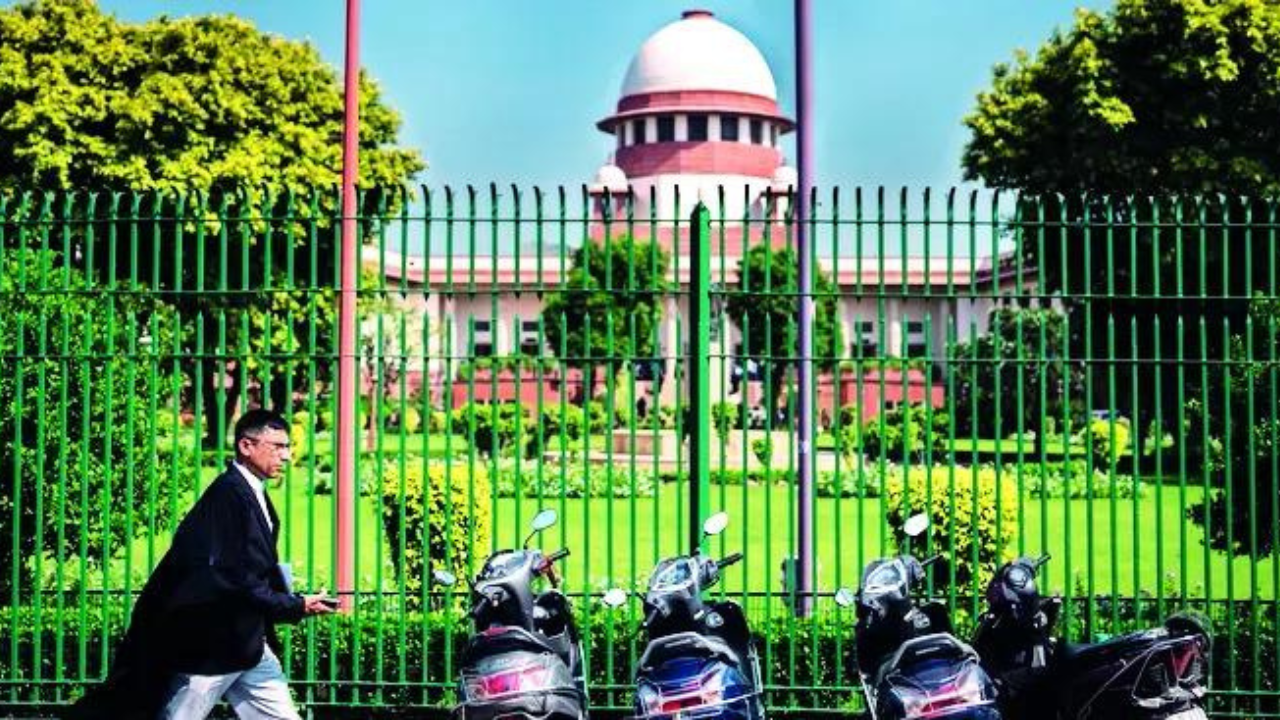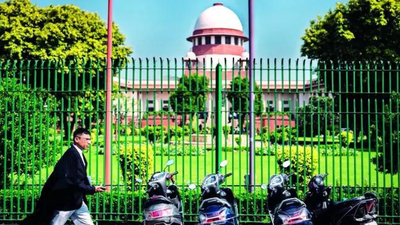NEW DELHI: A five-judge bench of the Supreme Court on Thursday disapproved in dismay a two-judge bench’s decision to use SC’s Article 142 powers to grant ‘deemed assent’ to 10 Bills pending for long with Tamil Nadu governor and said it was a fallacious exercise of powers to achieve a constitutionally impermissible goal. A bench of Chief Justice B R Gavai and Justices Surya Kant, Vikram Nath, P S Narasimha and A S Chandurkar said, “We have no hesitation in concluding that the concept of deemed assent of pending Bills by the Court in exercise of jurisdiction under Article 142, is virtually a takeover of the role, and function, of a separate constitutional authority. The reliance on Article 142, can’t lead to supplanting constitutional provisions itself.“

It also faulted the two-judge bench’s decision in TN case for prescribing the timeline for the governors and the President and then subjecting their decision to judicial scrutiny on expiry of the timelines when the Constitution clearly prescribes that their decision on Bills are non-justiciable. The five-judge bench said, “We have no hesitation in concluding that deemed consent of the Governor, or President, under Article 200 or 201 at the expiry of a judicially set timeline, is virtually a takeover, and substitution, of the executive functions by the Judiciary, through judicial pronouncement, which is impermissible within the contours of our written Constitution.” “… We are of the considered opinion that Article 142 cannot be employed to arrive at a conclusion contrary to the express provisions of the Constitution,” the bench-led by CJI Gavai ruled in its unanimous opinion to the President. “It is a matter of settled law that jurisdiction under Article 142 cannot be invoked to achieve results that are contrary to the Constitution, or statutory provisions,” it said. “The concept of ‘deemed assent’ in the context of Articles 200 and 201 presupposes that one constitutional authority (the SC), could play a ‘substitutional role’ for another constitutional functionary (the Governor, or President). Such a usurpation of the gubernatorial function of the Governor, and similarly of the President’s functions, is antithetical not only to the spirit of the Constitution, but also specifically, the doctrine of separation of powers – which is a part of the basic structure of the Constitution,” it said, adding that “A logical corollary of this reasoning is that if there are no prescribed timelines under Articles 200 and 201, then expiry of them too, cannot amount to ‘deemed consent’.“













